|
Self-care (including diet, physical activity and sleep) is an important aspect of recovery in depression but one that is often neglected generally despite it being an important factor in maintaining good health and more often than not, issues in these areas, also show up as a symptom of depression. Scroll to the end for your list of dietary recommendations to support mental health.....
Our diet is an important part of our health and wellbeing and there is ever growing research that what we eat can help us optimise our mental health as well as our physical health. We know that heavy alcohol intake and certain drug use can change the way our brain functions, you just have to look down the high street on a friday night to witness that!.... Well it makes perfect sense that if your brain doesn’t receive the nutrition including hydration that it requires to function and is subjected to bombardment by free radicals damaging cell tissue caused by (amongst other things) an unhealthy diet, that it could also affect how well the brain works. The affect of food on mood is not a new idea, in fact research dates back to the 1970s – but there are increasing research studies linking food and mood. Including differences in requirements of different age groups. With younger adults needing more meat than older adults who seem to benefit more from foods with antioxidant properties. There may also be a link with poor diet in childhood and adolescence to mental health issues as clearly the brain requires nutrition for it's continuing development during this important time. It makes sense that the changing brain needs a different balance as it changes with age. Fluctuations from low to high blood sugar levels can cause mood swings on a day to day basis and it also appears that the impact of regularly missing breakfast may be linked to depression according to The American Psychiatric Association. just one thing that will help to reduce unhealthy gut flora. Recent studies (e.g. Clapp et al's review 2017) have also suggested benefits from the use of probiotics in anxiety and depression.
acts chemically as a depressant on the brain's functions, can lead to depression with long term use and exacerbates symptoms of anxiety and depression. It holds no nutritional value and I'm afraid even though its made from grapes it can't be classed as one of your "5-a-day"!!
According the American Physicians Committee, we need a balance of approx 1:1 (no more than 4:1) of Omega 6 to Omega 3 in our diet as deficiencies in these fatty acids which help our biological functioning can lead to amongst other problems, depression. However like any fat too much is also not good for us! They recommend that intake of Omega 3 should be 1.1g /day for women and 1.6g /day for men. The British Nutrition Foundation suggest that in UK we generally get enough of Omega 6 in our diet but not Omega 3. Its all about balance as too much Omega 6 appears to wipe out the positive effects of Omega 3, hence the suggested ratios. Wholegrain foods, vegetables and fruit are important factor in maintaining good mental health according to an article in The British Journal of Psychiatry. The study showed a strong link to development of depression in those with a diet high in processed, high fat,high sugar and protective factor in those eating the healthier diet.
1 Comment
YES! When we're stressed, when we're anxious, when we're angry AND in fact EVERY day. Let me explain.... Our brain is hard wired to protect and survive; a small primitive but powerful part of our brain, the amygdala, is constantly alert for signals of danger. It's the part of our brain which kick starts the "Fight/Flight/Freeze" survival response. It works amazingly!! And the physiological process occurring in the survival response is truly incredible! Unfortunately the amygdala, whilst it's looking out for us, is not a rational part of our brain and can kick off in a split second when it interprets threat. Unfortunately the "threat" may not actually be a "life or death" threat but our body is motivated, infact propelled, into responding at its optimum performance. Great when we find ourselves being attacked by a dangerous animal (hmm I'm encountering tigers all the time!!) and when we need to be functioning at our optimum for a deadline or an exam but not so great when its triggered constantly by everyday stressors. The stress response constantly "kicking off" has a negative effect on our physical health - it's exhausting for one! It impacts our immune system, our digestive system, our cardiovascular system. After all its purpose is to ensure immediate safety, here and now, not for the long term. So when the instinctive brain perceives a "life or death" scenario (that isn't always "life or death"!!) then at that moment, fighting disease, replenishing skin cells, digesting food effectively is not a priority. is interpreted by the brain that we're not safe. In time we end up being unwell, with more colds, with reflux and indigestion, with high blood pressure and with stress accumulating it can also lead to depression and anxiety. There's lots of ways to relax and release yourself from the survival / stress response. For instance Yoga, Tai Chi, Mindful meditation, progressive muscle relaxation, massage, breathing exercises. Deep breathing, often referred to as diaphragmatic breathing allows us to take a full natural breath, optimising oxygen exchange. By deliberately activating a healthy diaphragmatic breath it indicates to our brain that we are in a relaxed peaceful state to heal, to digest, replenish skin cells, fight infection and helps to lower blood pressure..... it helps us relax and can help us manage stressful and anxiety provoking situations. So we can use this type of breathing in stressful situations, for instance, I still use breathing exercises to "breath through" my dentist appointment if I have to have work done! Focusing on the breath can help manage pain; its not a case of simply "distracting" yourself with breathing but allowing yourself to "breath through" the pain - its no surprise that mothers have been taught breathing exercises to help in labour (note: no one said a breathing exercise made labour pain free mind!) Recently I fell and hurt my back and whilst doing yoga the other day my back went into an excrutiating spasm but focussing on the breath got me through it. already snapped the boss's head off! Taking a moment every now and then to just regulate our breathing can help us keep on top of things, to let go of building tension and possibly even to help us stay physically healthy too. When I was first taught to do diaphragmatic breathing I was told to put one hand on my chest and one on my stomach and to make sure that as I took a breath in to watch my stomach rise and as I took a breath out watch my stomach fall...... well that's certainly what it should look like but try making yourself do that! How un-natural can breathing naturally feel?!!! You can use "7/11" breathing or a "breathing square" - what ever works for you but why not... Try this instead...
TOP TIP: If you're angry breathing exercises can help too but avoid starting by taking a deep breath in, instead, take a breath out, blow out (make sure the balloon is empty before gently inflating it again! And aim to focus on calm breath) The reason for this is when we're angry a deep breath in can energise us into acting and that isn't always helpful when we might be better helped by taking a step back and thinking before acting!
New Year and many people are thinking about how to “improve themselves”, whether its “dry January” or starting a new exercise regime or eating plan. New Year resolutions are generally made to better ourselves or our situation….. Mine, if you’re interested, is to keep up my mindfulness meditation and to practice gratitude daily….. well actually that isn’t really a “New Year” resolution, just a resolution that I still need to keep reminding myself in a compassionate and encouraging way, until it becomes a good-enough-habit, that it’s an old habit!
Whenever you decide to make change, New Year or mid-year, it takes some effort, it doesn’t just happen! Its far easier to keep treading the path you know well and forgetting there’s an alternative route! Currently everywhere I look I see adverts for gym membership and slimming clubs…… then I wonder, is someone trying to tell me something?! Well yes – of course! They want the business and they’re offering us a service; they know a lot of us want help to achieve change. And New Year is traditionally when people make their resolutions to change. Human beings are creatures of habit and are also generally social creatures, so being in a group of like-minded people gives a sense of belonging (we don’t like to think we’re alone and the only one with a ‘problem’), having another person to support and motivate us can feel good so it seems like a good idea – and indeed it CAN be a good idea! There's nothing wrong with joining a group, getting a personal trainer or roping in your 'bestie' to help you. But some New Year resolutions just don’t last long, at worst, less than a day!!! Thinking about making change and putting a plan in place doesn’t always mean putting change in to action is straightforward, let alone maintaining it! Setting a goal, making it achievable, developing a plan can certainly help but oh, how good are we, at sabotaging our good intentions?!! How many people have paid for gym membership and not used it?! The idea that paying for something will motivate us doesn’t always quite pan out that way ☹ There’s an old saying, “old habits die hard”, well the truth is that old habits don’t “die”. After all, think about it, the ability to ride a bicycle doesn’t “die”; we don’t forget how to ride a bicycle, if we haven’t done it for a while, we might be a bit rusty and less agile but once the behaviour is learnt we don’t unlearn it. The same goes for other, often less helpful, behaviours we’ve learnt - we don’t forget how to or lose the ability to drink alcohol, to smoke or to eat unhealthily. And on top of that when we’re trying to change these particular habits we also have to struggle with things like survival instincts and brain chemistry e.g. we need food for energy and growth, we might like the experience of drinking alcohol or eating chocolate, or crave nicotine ….and then there’s stress and temptation etc etc BUT we CAN keep learning new things and learning to do things differently. New habits ARE hard because the old behaviours (that we’re most used to) are easier, even when the consequences of doing them might be harder on us…. and well, because old habits don’t “die”! But what we CAN try and do is put old habits to bed and let them “go to sleep” (like the now rusting bicycle in your shed perhaps!) So….. what we need is motivation and strategies, to let old habits “doze off” while we bring new habits ALIVE & nurture them ….and to stop THEM from going to sleep! Zzzz Whilst the physical/chemical/ biological element might be important to acknowledge and manage e.g nicotine withdrawal, missing the sugar / endorphin rush etc etc, the important factors in starting and maintaining change, are going to be the two things that are totally ours to change: our behaviour …and our THOUGHTS! Change your behaviour but not your thought processes? You might start off ok but you could soon find the old behaviour waking back up and singing a merry tune! And THERE you have the self-sabotage…. That inner voice…. “oh I can’t be bothered today”, “I’m too tired”, “I don’t have time” “x, y, z is more important right now”, “I deserve a treat”, “one won’t hurt”, “I can’t do this”, “It’s too hard”, “I’ll do it tomorrow”, “Oh well I’ve done it now” etc etc. That’s YOUR inner voice becoming increasingly unhelpful, unmotivating and to top it all, quite possibly self-critical! In the same way we learn habits in our behaviours, we also learn habits in the way we think. Getting a personal trainer, joining a group or getting your 'bestie' on board to help you with your behaviours also means you hear a helpful (external) voice which hopefully helps to influence your internal voice but you do need to hear that motivation as consistently as possible internally too! Unfortunately sometimes the internal voice and it’s argument for the old habit or against the new one wins. But we CAN successfully train that new voice to stay “awake” when we find and maintain our own meaning / importance in change and when we recognise unhelpful / sabotaging thinking processes. We’re the only ones who can answer our internal selves back when the old voice starts it’s argument! Yep! That's right talking to ourselves is a good thing 😉 Oh yes, and that’s where I might be able to help you 😊 with strategies to discover, understand and manage your own internal voice so you can succeed in making the change you would like to see….. And today I will make room for mindfulness and for gratitude.... (perhaps a blog on those another day!?!) Lots of people suffer a bit of a low during the winter months, some can experience a more pervasive recurring depression which begins as the days get shorter known as SAD (Seasonal Affective Disorder). I wouldn't go so far as to say I suffer from SAD but I can definitely sometimes feel a greyness and heaviness about winter months if I don't look after myself!
There's been increasing research into the impact the lack of sunlight has on our circadian rhythm, our melatonin and seratonin levels. There also may be a link with vitamin D absorption. Vitamin D is known as the sunshine drug and around 80% of our vitamin D comes from exposure to the sun. Unfortunately holidaying in the sun over winter isn't an option for most of us. There are very few natural sources of Vitamin D in our diet (fatty fishes like tuna and mackeral contain Vitamin D - not my favourite foods unfortunately!) and lots of dairy, juice and cereal products are fortified with it. The National Institute of Health recommend 600 IU (15 mcg) and suggest that those suffering from SAD have difficulty producing Vitamin D. So it might be worth considering a supplement. I've been curious about SAD lights for a while; a couple of clients have told me they've found them useful and one particular client of mine (who suffered from SAD) who swore by using a daylight lamp was most upset that she found herself having to save for a second one as her daughter had "pinched" hers and she missed it it terribly. The idea is that light boxes (using traditional full spectrum white light or the newer blue light) effectively replicate natural sunshine and give a positive effect to those lacking in sunlight exposure. Many sufferers get benefit from as little as half an hour use a day. I was more recently reading about a Sunset/Sunrise Alarm clock and purchased it somewhat spontaneously when it was on offer! I'm one of those who often make comment about the dark days being miserable and I personally absolutely hate mornings! ....The latter makes for an interesting combination in our household as my other half is a bright and breezy kind of person in the mornings, ready to "sing" good morning and to have a full blown conversation, where as I on the other hand prefer not to speak to anyone for a while; I function, but on a quiet peaceful level with minimal engagement with others!! So the dark and dreary mornings don't really help my transition into "The real world"! Plus I'm naturally a night owl not a morning bird so really not a great combination! My "investment", was in a Lumie Bodyclock Iris 500 which is a sunset and dawn simulator. The company Lumie have been around for sometime and supply light boxes to the NHS so I was hopeful! I wondered if this alarm clock might help me to be a bit more sociable and ready to rumble on these winter mornings... and thought it would be interesting to see if it did have an affect on my mood too? The idea of these simulator lamps is that, using a daylight bulb they gradually come on simulating a gentle sunrise (and in reverse, a sunset for bedtime). The one I bought also has the option to use a diffuser for essential oils which, with my interest in essential oils, of course appealed to me too ....I will have to play around with some combos for sleep and waking up to use with it!! Well!!! The results after a month's use? I'm not saying I've suddenly become the great conversationalist in the mornings BUT I've definitely found it easier to crawl out of bed. Actually I have been throwing my duvet off with some determination and shifting into 1st gear with relative ease! Which is very bizarre! Quite the opposite of begrudgingly emerging from the warmth at snails pace and having to sit for 5 minutes contemplating the next move off the bed! I also really like the sunset mode - it allows me to read a little before going to sleep but the gradual reduction in light makes reading gradually a little harder as it lowers and this, rather than being irritating, I found made me drop off nicely without reading excessively and not having to turn a bright light off, then having to settle down. It made a nice gentle transition from wakefulness, reading and into sleepy zone! So, so far I'm a fan. I feel it definitely starts and ends my day nicely and according to the manufacturer the light "resets your internal body clock each day to create a healthy sleep cycle, help you get up and feel alert, refreshed and energetic all day" .....I'm not sure I've experienced being energetic all day!! But I DO feel brighter in the morning. Has it improved my mood? Difficult to say.... I don't think I'm feeling too miserable about the miserable days, as I am starting my day off a bit brighter and that has to have a knock on effect doesn't it?! It took me a little time to get to grips with the programming on the light but I'm pleased with the results so far. And I like the remote control it comes with. Though technically its not a full blown SAD light the manufacturer has registered this model as a Class 1 medical device. However if you suffer from SAD www.sad.org.uk recommend using a Dawn Simulator followed by a SAD Light treatment about half an hour after you wake up as the most effective way to treat SAD. There are others available but you can purchase the one I've been using here plus also some essential oils for the diffuser! ....and of course if you want some help with a personalised oil blend, get in touch! The other thing of note is that, since I now have this as my alarm clock, I've been leaving my phone out of the bedroom (which I was previously using as an alarm) and I can highly recommend doing this, as distancing yourself from the interuptions our mobile phones can bring, has to be a good thing!) I will definitely continue to use my Lumie Bodyclock! Perhaps with prolonged use I'll become the morning conversationalist my other half has been hoping for in me for 25 years!..... |
Categories
All
AUTHORCognitive Behaviour Therapist, Integrative Psychotherapist, Nurse Specialist (Mental Health), Mum, Youth Worker, Trainer....... Archives
December 2018
|
Proudly powered by Weebly



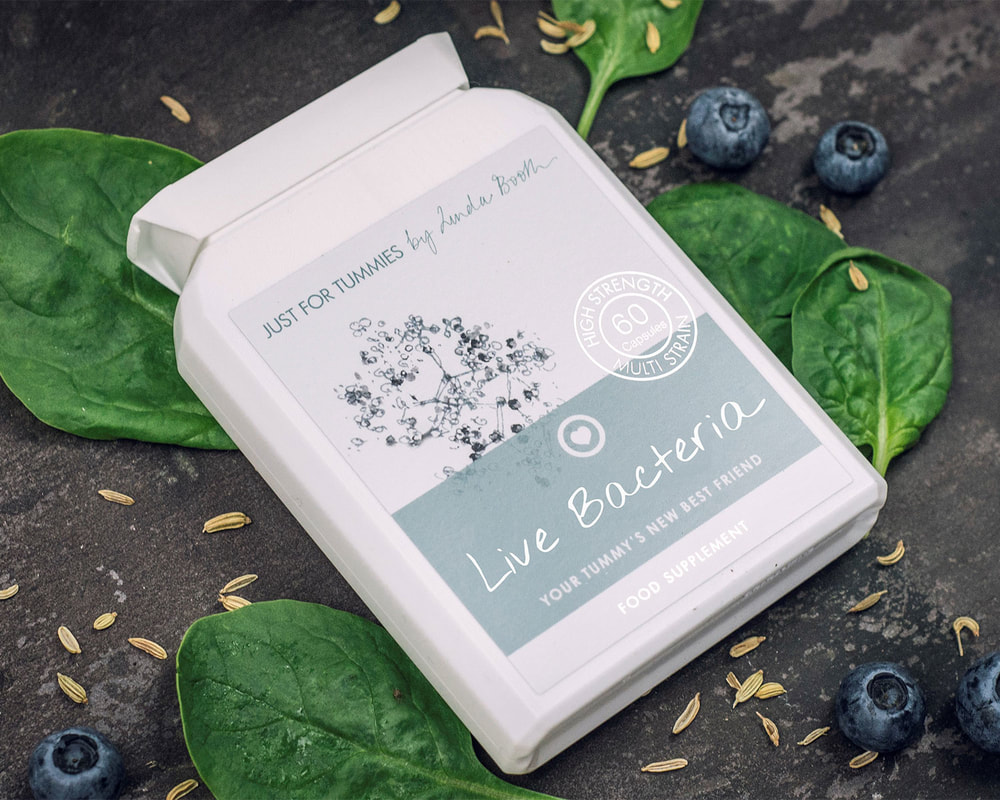

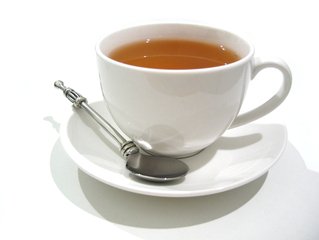
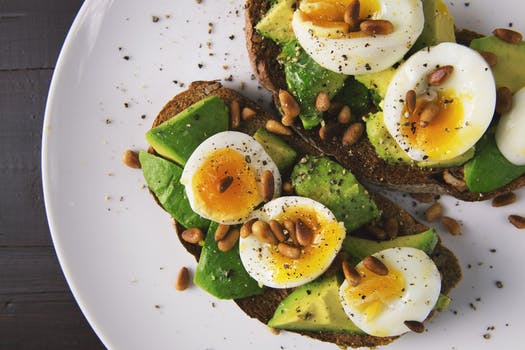

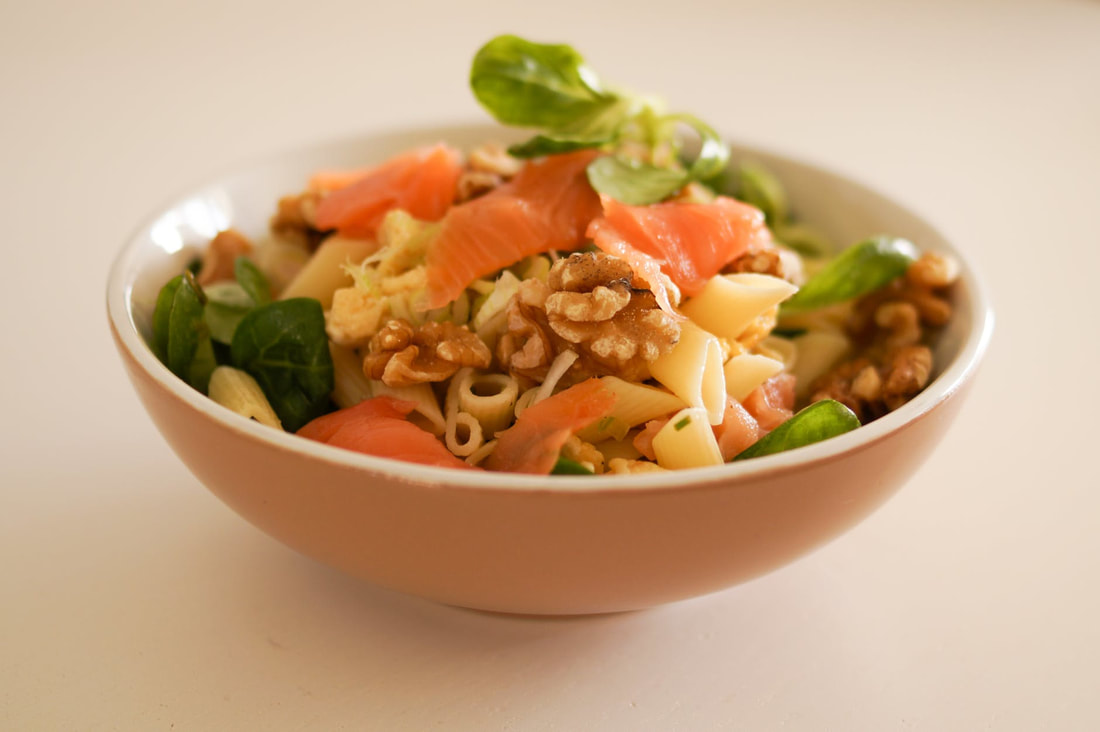

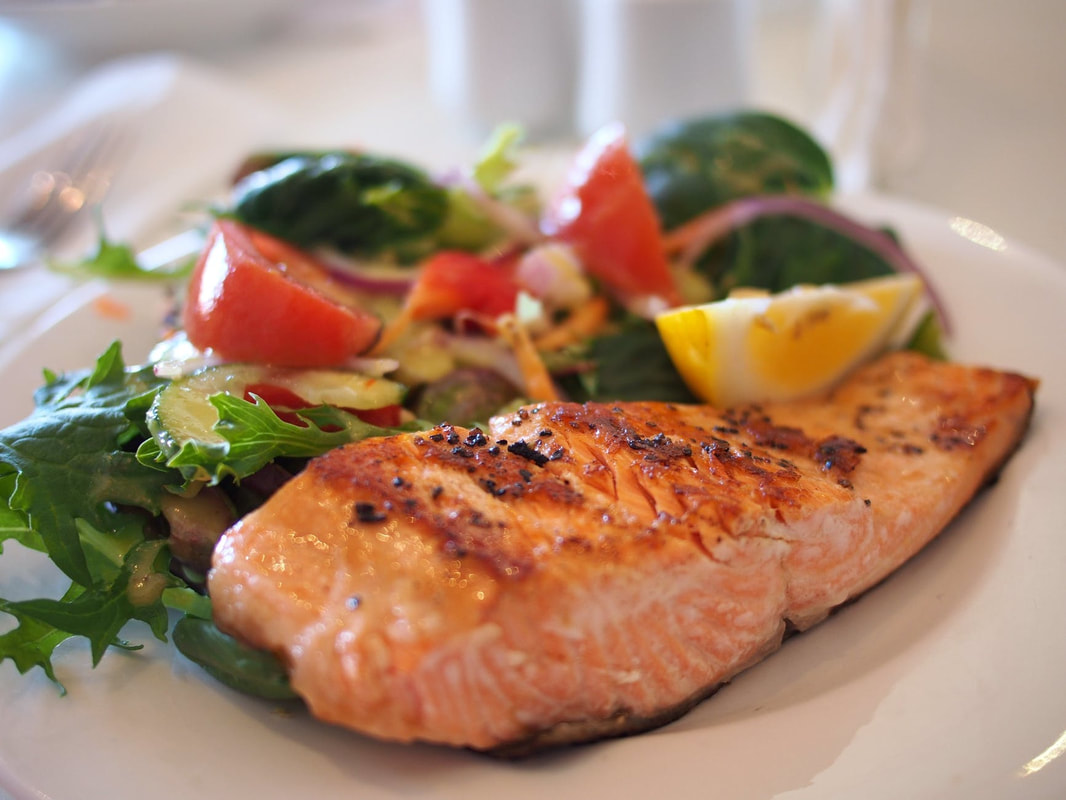




 RSS Feed
RSS Feed